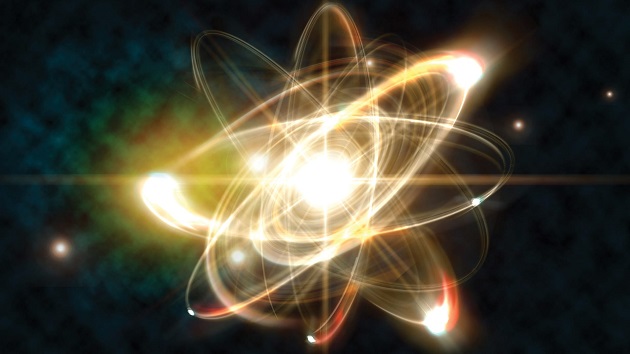In the present scenario, the computer processors are increasingly pushed to their limits due to their physical properties. Novel materials could be the solution. Physicists from Martin Luther University Halle-Wittenberg (MLU) have investigated if and how these materials might be developed. They have created, tested and filed a patent for a concept that utilises the latest findings from the field of spintronics.
With their new concept, the researchers at MLU want to improve the properties of diodes and transistors. Common processors use thousands of diodes and transistors to process data. “The energy efficiency of these individual components determines how much energy is consumed by the processor overall,” says Professor Ingrid Mertig, a theoretical physicist at MLU. Energy loss, which occurs when electrical energy is converted into heat, remains the biggest challenge, she explains. When developing these components, scientists also have to decide whether to create very powerful and energy-efficient components that can only be used for a specific purpose, or to create parts that can be used in a variety of ways, but which have a lower performance and require more energy.
For its latest innovation, the team of researchers investigated whether spintronics can be used to solve these problems. It is based on a special property of electrons: the spin. This is a kind of intrinsic angular momentum of electrons that generates a magnetic moment which is the origin of magnetism. The researchers have investigated if and how a diode or transistor can be developed that uses this spin in addition to the charge of the electron. The concept is based on newly discovered magnetic materials that contain spin information in a particular way. These could replace traditional semiconductor materials in the novel components.
“Our proposals for the new transistors combine data processing and storage. There is no loss of energy and they can easily be reconfigured,” explains Dr Ersoy Sasioglu, a physicist at MLU and first author of the paper. A patent has already been filed for the design of these spintronic components. The research group from Halle focusses on using theoretical simulations in designing novel materials. In cooperation with experimental physicists from the University of Bielefeld, the scientists now want to test which materials are best suited for the new components.








